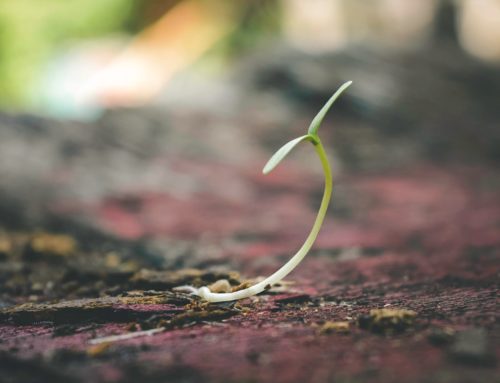Some of my favourite stories as a child were those written by C.S. Lewis in his Narnia Chronicles. They are stories about children doing amazing things, overcoming evil and tragedy, and even becoming kings and queens in a magical country ‘peopled’ by talking animals. They are not just stories about what children might do and become, they are stories drawn from a deeply Christian imagination and deal with themes of betrayal and forgiveness, about courage and trust, about the struggle between good and evil, and what’s more the gospel story of Jesus lingers like the fragrance of perfume throughout the whole narrative. So much of the story hints and evokes in our memory the story of Jesus. These stories are not just for children and I encourage you to read them if you haven’t yet had that opportunity.
This Sunday we light the Advent candle of joy, as we hear the Apostle Paul urge us to rejoice always, and hear Mary sing her song of elation and deliverance. However joy is not something we can generate – it’s a gift we receive which can at times surprise us. It’s like the experience of knowing yourself to be truly loved, or the amazing fullness of wonder over the birth of your child.
C.S. Lewis was an Oxford Professor of English Literature who wrote about his conversion to the Christian Faith as an experience of Joy. What I didn’t know until recently was that C.S. Lewis borrowed the phrase ‘Surprised by Joy” from a poem by the English Poet William Wordsworth. I mention this because Wordsworth wrote this poem as an expression of grief over the loss of his four year old daughter. In grief we find ourselves tangled up with a mixture of emotions that wash over us at different times, and this year many of us have experienced grief in different ways some related to isolation due to the Covid 19 virus, others relating to health issues or the death of someone close to us. As the days and weeks pass from the death of those we love we might imagine that we have mastered our grief when all of a sudden it swamps us again. At other times we can and do find joy in life and when we do we wonder whether we should – and yet the journey of faith is about living the fullness of God, where grief and joy can and do co-exist and in fact make us more human as a result.
It is this experience of joy in the midst of grief and loss that our readings today address. It’s hard for us to put ourselves in other people’s shoes and see things from their perspective, but it’s important to try.
The Prophet Isaiah spent much of his life making sense of the biggest crisis the people of Israel had faced so far; the destruction of their city Jerusalem and its Temple and the devastation of exile in Babylon. Their experience led to soul searching questions, ‘Where was God in all this? Why does God let us suffer like this? What did we do wrong?’ It was of such magnitude that we could rightly compare it with the Jewish Holocaust of Nazi Germany, and people are still writing about that, trying to process the evil and cruelty that happened there. Once the exile was over and many had returned home could these survivors allow themselves to feel joy, when so many had suffered, so many had died and there was now so much to do to re-build and restore? Could we in their place? Isaiah’s task was to address this darkness and help them see the light and even joy in their lives. So in Advent we hear about God’s coming throughout history to reconcile and restore.
It’s a hope-filled season that carries the promise of more to come. As Christmas draws closer I imagine a tired Mary with her swelling body heavy and tight, looking forward to the day when – with some relief – she can hold this baby in her arms not her belly, and then she would sing her song of joy not from anticipation but from seeing ‘face to face’.
Peter





